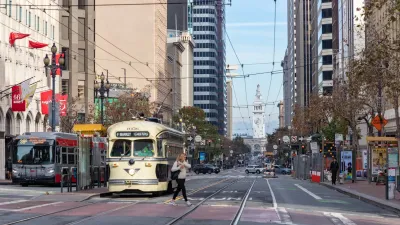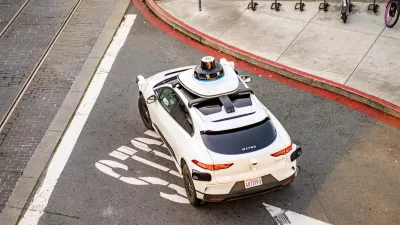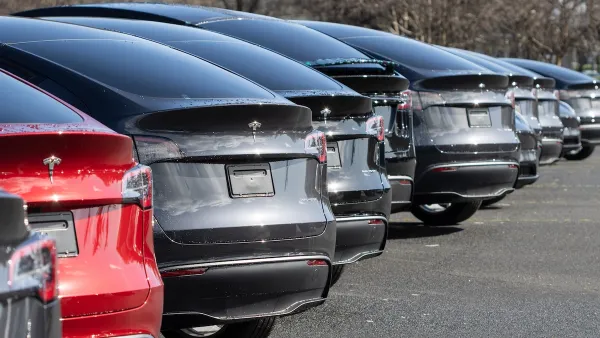The company suspended the Cruise self-driving taxi service late last year after a vehicle struck and seriously injured a pedestrian.

General Motors is ending its investment in Cruise, the company’s self-driving taxi division.
According to a Smart Cities Dive article by Dan Zukowski, GM cited the high cost of operating the service as a major reason for shutting it down. GM CEO Mary Barra said launching and operating a robotaxi business would cost significantly more than the $10 billion the company has already invested and that “A robotaxi business is not General Motors’ core business.”
The troubled robotaxi service was under investigation by the National Highway Traffic Safety Administration and had its operating permit revoked in California after a vehicle struck and dragged a pedestrian, seriously injuring them. The company suspended operations shortly after the incident.
The Alphabet-owned Waymo autonomous taxi service is still operating in San Francisco, Los Angeles, and Phoenix, in spite of concerns from city leaders. For its part, “GM plans to leverage Cruise’s expertise in autonomous technology to further develop its driver-assistance software, called Super Cruise, available on some General Motors vehicles.”
FULL STORY: GM shuts troubled Cruise robotaxi unit

Planetizen Federal Action Tracker
A weekly monitor of how Trump’s orders and actions are impacting planners and planning in America.

Chicago’s Ghost Rails
Just beneath the surface of the modern city lie the remnants of its expansive early 20th-century streetcar system.

San Antonio and Austin are Fusing Into one Massive Megaregion
The region spanning the two central Texas cities is growing fast, posing challenges for local infrastructure and water supplies.

Since Zion's Shuttles Went Electric “The Smog is Gone”
Visitors to Zion National Park can enjoy the canyon via the nation’s first fully electric park shuttle system.

Trump Distributing DOT Safety Funds at 1/10 Rate of Biden
Funds for Safe Streets and other transportation safety and equity programs are being held up by administrative reviews and conflicts with the Trump administration’s priorities.

German Cities Subsidize Taxis for Women Amid Wave of Violence
Free or low-cost taxi rides can help women navigate cities more safely, but critics say the programs don't address the root causes of violence against women.
Urban Design for Planners 1: Software Tools
This six-course series explores essential urban design concepts using open source software and equips planners with the tools they need to participate fully in the urban design process.
Planning for Universal Design
Learn the tools for implementing Universal Design in planning regulations.
planning NEXT
Appalachian Highlands Housing Partners
Mpact (founded as Rail~Volution)
City of Camden Redevelopment Agency
City of Astoria
City of Portland
City of Laramie





























